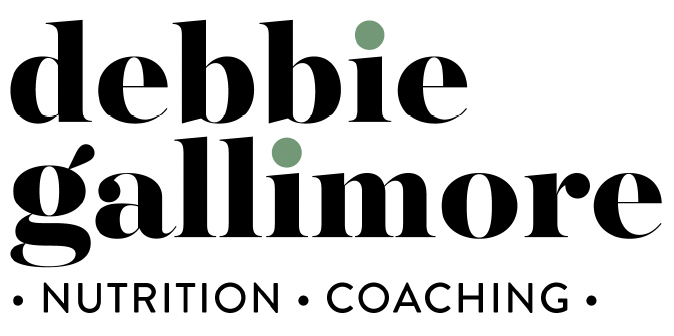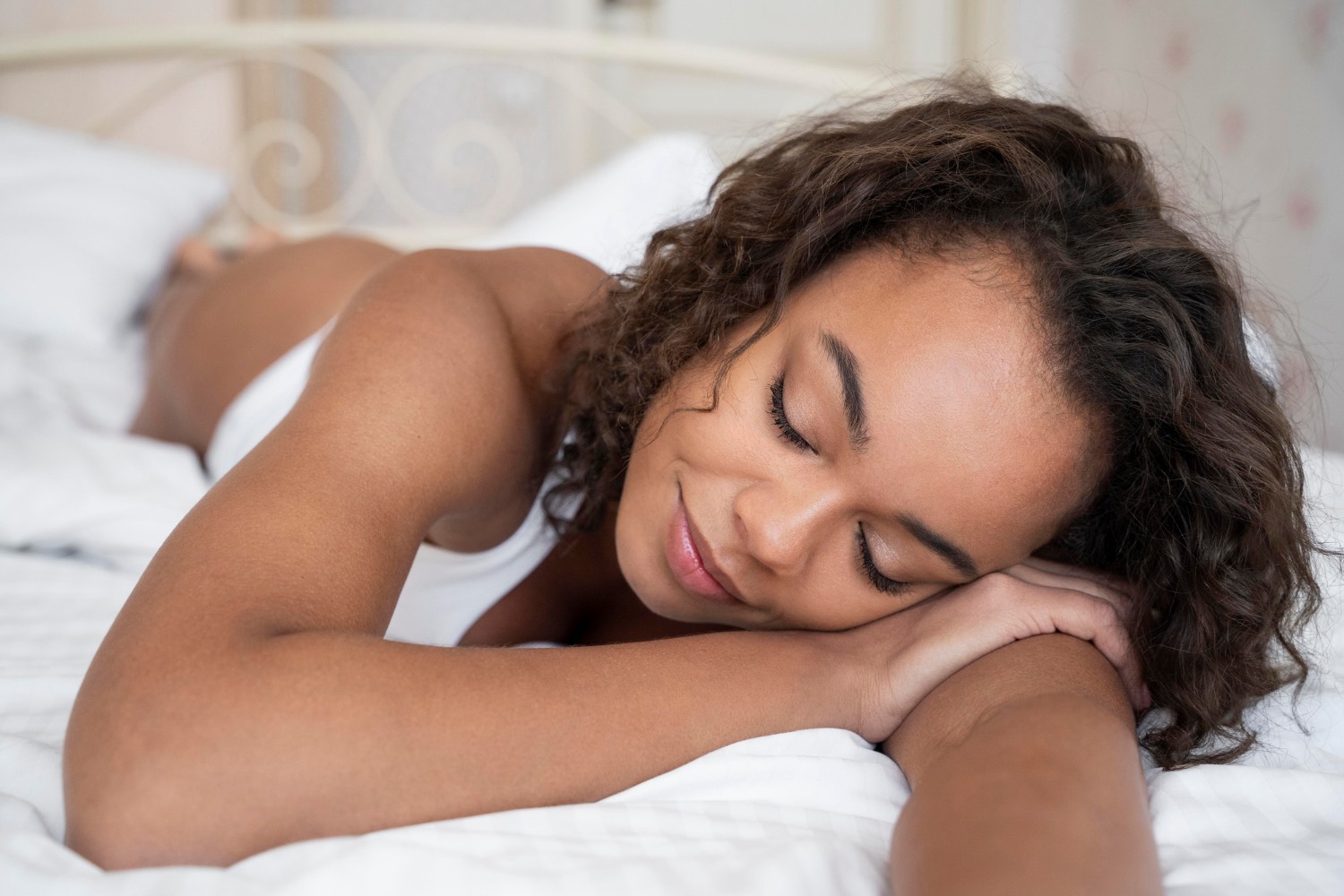As discussed in last week’s SheThrives comms, we are dedicating this month to the topic of stress. It’s such an impactful issue that effects each and every one of us at some point in our lifetime and can be catastrophic when thinking of our own health and longevity.
Last week, we outlined my key strategies in reducing stress in simple and easy steps and by following these can have such a positive impact in feeling less stressed and supporting those adrenals going forward.
We touched on sleep briefly and the importance of ensuring that you prioritise sleep to recharge. In this last edition of our stress awareness topics, the focus is sleep and making sure you have all the tools you need to support your body’s natural circadian rhythm.
Circadian rhythm:
The circadian rhythm is a finely tuned, natural biological process that regulates the sleep-wake cycle in humans. It is often referred to as the body’s internal clock, as it controls the timing of various physiological processes, including sleep, hormone production, and metabolism.
If you want to improve sleep, you need to understand the role that the circadian rhythm plays.
Blue light is the most important factor in regulating the circadian rhythm. For millennia, these rhythms followed the natural daily light pattern, from sunrise in the morning to sunset in the evening. But, thanks to the invention of artificial light, electronics and our modern always-on society, this natural pattern has been disrupted.
Blue light has the greatest impact on the circadian rhythm. You need the right amount of it at just the right time to keep in balance.
You want more of it in the morning, when you’re bright and ready to start the day, and less of it in the evening so your body can increase levels of melatonin, the hormone that facilitates a good night’s sleep.
Most of your blue light exposure comes from the sun, which makes getting an early morning work in first thing an excellent idea. At the other end of the day, you can see why staring at blue light- emitting screens like TVs, computer screens and smart phones is a terrible idea. Too much blue light can, therefore, confuse that internal body clock. This is why that late-night YouTube or Facebook habit might not be such a great thing for your wellbeing.
You’re probably now thinking, that’s OK because you have the warm-light function on your phone, but scientists believe that it’s not just the blue light that is a problem with devices like these. Phones and tablets are excitatory for other reasons, too. Screentime activates dopamine, one of the ‘awake’ hormones that leaves you eager to find out ‘what’s coming next?’. That’s why your planned 10 minutes on social media leads you down the rabbit hole.
Here are my go-to tips for ensuring a good night sleep for a recharged you
GET PLENTY OF NATURAL LIGHT
Getting outdoors during the day – whatever the time of year – can help regulate the circadian rhythm. Spending time outside or near a window can help, as can using a light therapy box during the winter months. Getting out for a morning walk is a great way to start the day and wake your body up on every level imaginable.
EXERCISE EVERY DAY
Try to take some kind of exercise every day. There is evidence that regular exercise improves restful sleep. This includes stretching and aerobic exercise. A brisk walk ticks both boxes.
WATCH YOUR CAFFEINE
Caffeine has a very long half-life, and it can take 6-8 hours for half the caffeine in your cuppa to leave your body. Consider that any caffeine after 2pm (if you go to bed at 10pm) will have a deleterious effect on the quality of your sleep – even if you cannot feel it.
DIM LIGHTS IN THE EVENING
At the other end of the day, you want to be encouraging your body to make more of the night-time hormones, which means reducing the amount of bright light. If you have dimmer switches, use those. Or use side lights instead of the main overhead lights. These subtle lighting changes can make a difference.
AVOID SCREENS BEFORE BED
You learnt earlier that blue light from electronic devices can interfere with the circadian rhythm and make it harder to fall asleep. Think about what else you could do to avoid using things like smartphones, tablets, and computers for at least an hour or so before bedtime. Consider real books or a Kindle (which has a different type of light to a tablet).
TAKE TIME TO WIND DOWN
Establishing a relaxing bedtime routine can help signal to the body that it is time to sleep. This is exactly what we do with babies, and there’s no reason why you cannot adopt some of this for yourself: warm bath, read a book, lights out. You might find it helpful to practise relaxation techniques like yoga or try some guided meditation.
STICK TO A CONSISTENT SLEEP SCHEDULE
Going to bed and waking up at the same time every day can help regulate the circadian rhythm. This means avoiding staying up late on weekends or sleeping in too much on days off.
Want to chat?
If you need a hand in tackling your symptoms and wish to discuss these further, then feel free book in for a complementary call with me to discuss further.
SheThrives Retreat:
I have been blown away but the interest in my planned retreat which you have been asking me to run for a long time. I’m nearly there with plans, speakers and venue and should be able to communicate SheThrives FIRST retreat in the next couple of weeks!
This is most perfect retreat aimed to support women to thrive in health and vitality and will be bringing this to you by Summer 2024.
If you would like to be kept informed and be one of the first in the know as places will be limited, then opt in below – exciting times!

